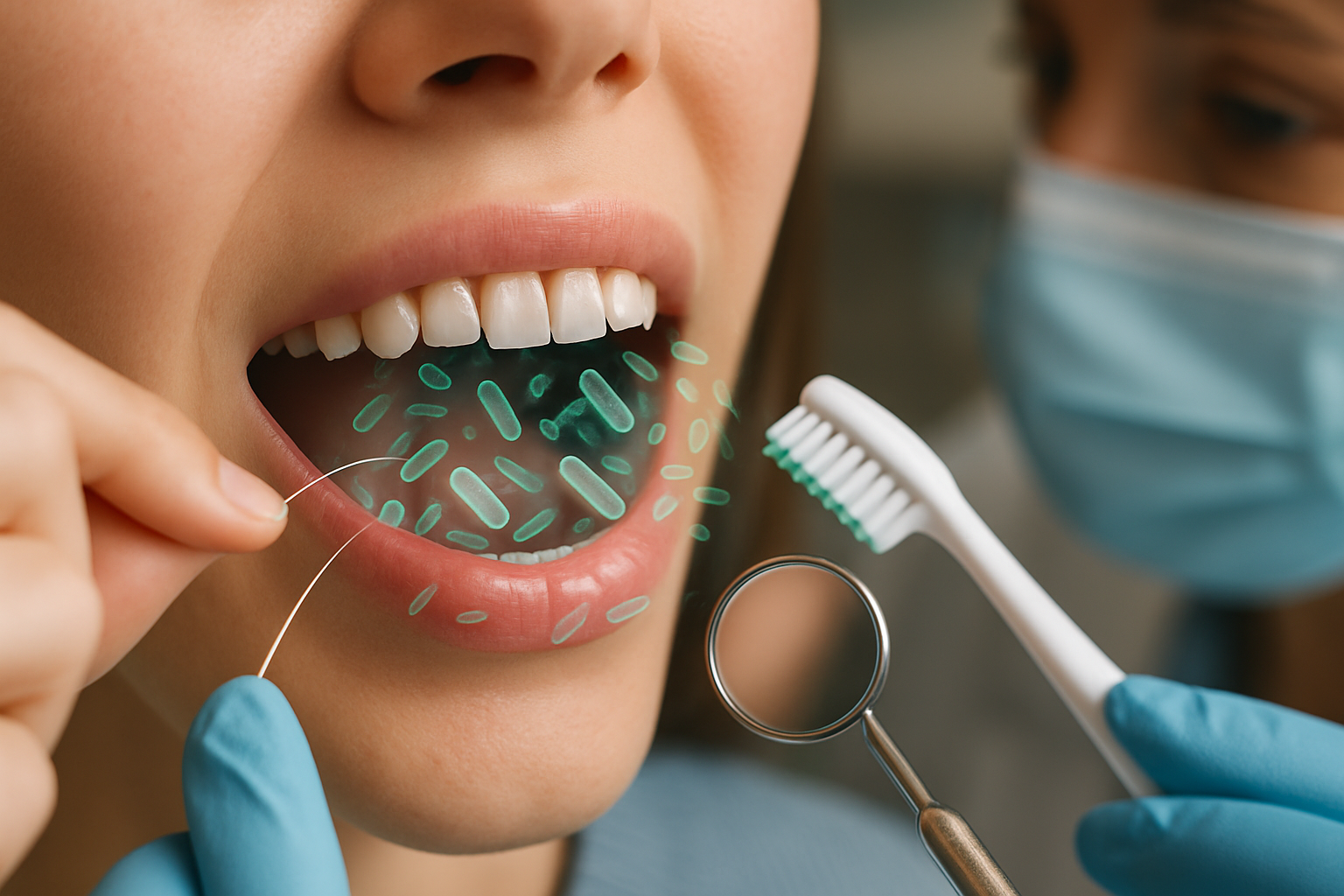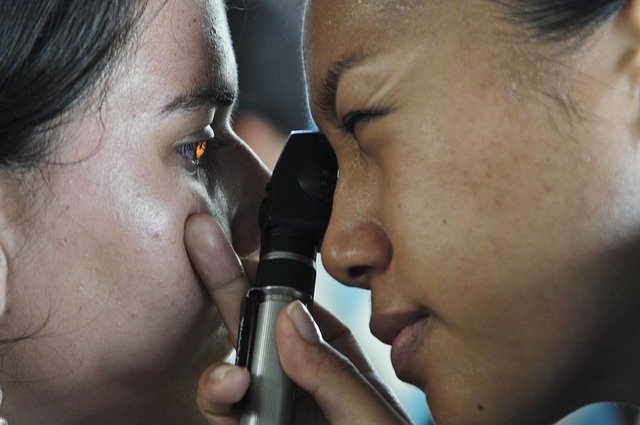Understanding Gum Disease and Effective Treatment Options
Bleeding gums can be a sign of irritation, poor oral hygiene, or underlying gum issues. Understanding its causes and adopting gentle care routines can help maintain healthier gums. Learn practical ways to support your oral health and prevent common gum concerns.

Gum disease represents one of the most common oral health challenges facing adults today, with studies indicating that nearly half of all Americans over 30 show signs of periodontal disease. This condition begins subtly but can progress to cause tooth loss and other serious health complications when proper care is delayed.
What Causes Gum Disease and Bleeding Gums
Gum disease typically starts with the buildup of plaque along the gum line, creating an environment where harmful bacteria can thrive. When plaque hardens into tartar, it becomes more difficult to remove through regular brushing and flossing. The bacteria in plaque produce toxins that irritate and inflame the gums, leading to gingivitis - the earliest stage of gum disease.
Bleeding gums often serve as the first warning sign of developing periodontal problems. While occasional bleeding during brushing might seem minor, persistent bleeding indicates that the gums are inflamed and require attention. Other factors contributing to gum disease include smoking, diabetes, hormonal changes, certain medications, and genetic predisposition.
Effective Bleeding Gums Home Remedies
Several home remedies can help manage bleeding gums and support overall gum health when used consistently. Salt water rinses remain one of the most accessible and effective options, as salt naturally reduces bacteria and inflammation in the mouth. Simply dissolving half a teaspoon of salt in warm water and rinsing for 30 seconds can provide relief.
Oil pulling, an ancient practice involving swishing coconut or sesame oil in the mouth for 10-15 minutes, has shown promise in reducing plaque and gingivitis. Green tea contains antioxidants that help fight inflammation, making it beneficial when consumed regularly or used as a mouth rinse. Aloe vera gel applied directly to the gums can soothe irritation and promote healing.
Maintaining proper oral hygiene forms the foundation of any home care routine. Using a soft-bristled toothbrush, brushing gently twice daily, and flossing regularly helps remove plaque before it can cause significant damage. Antibacterial mouthwashes can provide additional protection against harmful bacteria.
Professional Gum Care Treatments Available
When home remedies prove insufficient, professional treatments become necessary to address advancing gum disease. Dental professionals offer several treatment options depending on the severity of the condition. Scaling and root planing, often called deep cleaning, removes tartar and bacteria from below the gum line and smooths root surfaces to promote healing.
For more advanced cases, surgical interventions may be required. Flap surgery allows dentists to access deeper pockets of infection, while bone and tissue grafts can help regenerate lost structures. Laser therapy represents a newer approach that can target bacteria and infected tissue with minimal discomfort.
Antibiotic treatments, whether applied locally or taken systemically, can help control bacterial infections that contribute to gum disease progression. Some dental offices also offer specialized rinses and gels designed to maintain treatment results.
| Treatment Type | Provider Examples | Cost Estimation |
|---|---|---|
| Routine Cleaning | Local dental offices, dental chains | $75-$200 |
| Scaling and Root Planing | Periodontists, general dentists | $150-$350 per quadrant |
| Surgical Procedures | Periodontal specialists | $500-$3,000+ |
| Laser Therapy | Specialized dental practices | $300-$1,500 |
Prices, rates, or cost estimates mentioned in this article are based on the latest available information but may change over time. Independent research is advised before making financial decisions.
Prevention Strategies for Long-Term Gum Health
Preventing gum disease requires a comprehensive approach that combines daily oral care with regular professional maintenance. Establishing a consistent routine of brushing with fluoride toothpaste, daily flossing, and using antimicrobial mouthwash creates an environment less favorable to harmful bacteria.
Dietary choices significantly impact gum health. Foods rich in vitamin C, such as citrus fruits and leafy greens, support gum tissue integrity. Limiting sugary and acidic foods reduces the fuel available to harmful bacteria. Staying hydrated helps maintain adequate saliva production, which naturally cleanses the mouth.
Regular dental checkups and professional cleanings remain essential for early detection and prevention of gum disease. Most dental professionals recommend visits every six months, though individuals with higher risk factors may benefit from more frequent appointments.
When to Seek Professional Help
Certain symptoms warrant immediate professional attention rather than relying solely on home remedies. Persistent bleeding that doesn’t improve with better oral hygiene, gums that appear red and swollen, or teeth that feel loose require prompt evaluation. Bad breath that doesn’t resolve with improved oral care may indicate advancing gum disease.
Pain when chewing, changes in bite alignment, or the appearance of pus around the gums are serious warning signs that professional intervention is necessary. Early treatment typically yields better outcomes and requires less extensive procedures than waiting until symptoms become severe.
Maintaining healthy gums requires ongoing attention and care, but the investment in proper oral health pays dividends in overall well-being. By combining effective home care practices with appropriate professional treatment when needed, most people can successfully manage gum health and prevent serious complications. Regular communication with dental professionals ensures that any developing issues receive prompt attention before they progress to more serious stages.
This article is for informational purposes only and should not be considered medical advice. Please consult a qualified healthcare professional for personalized guidance and treatment.




